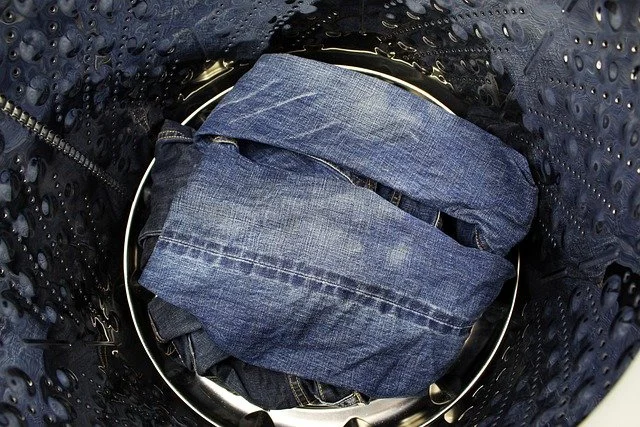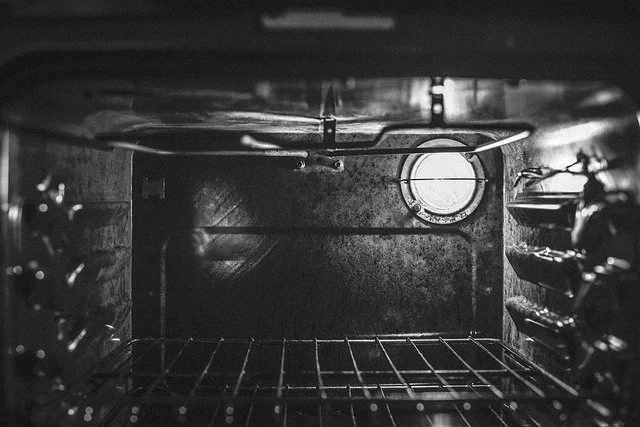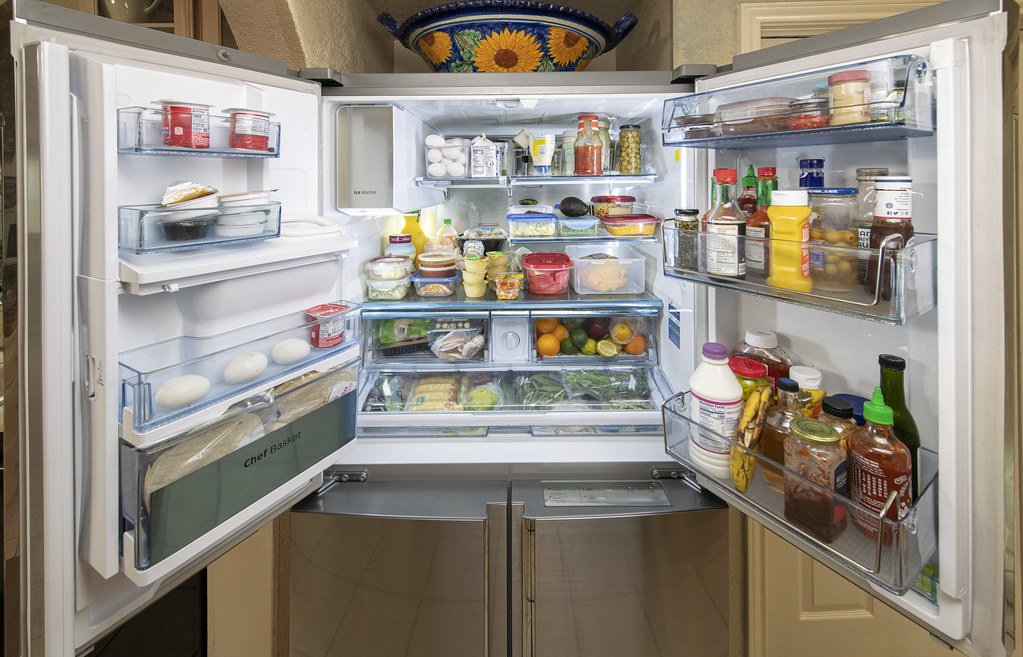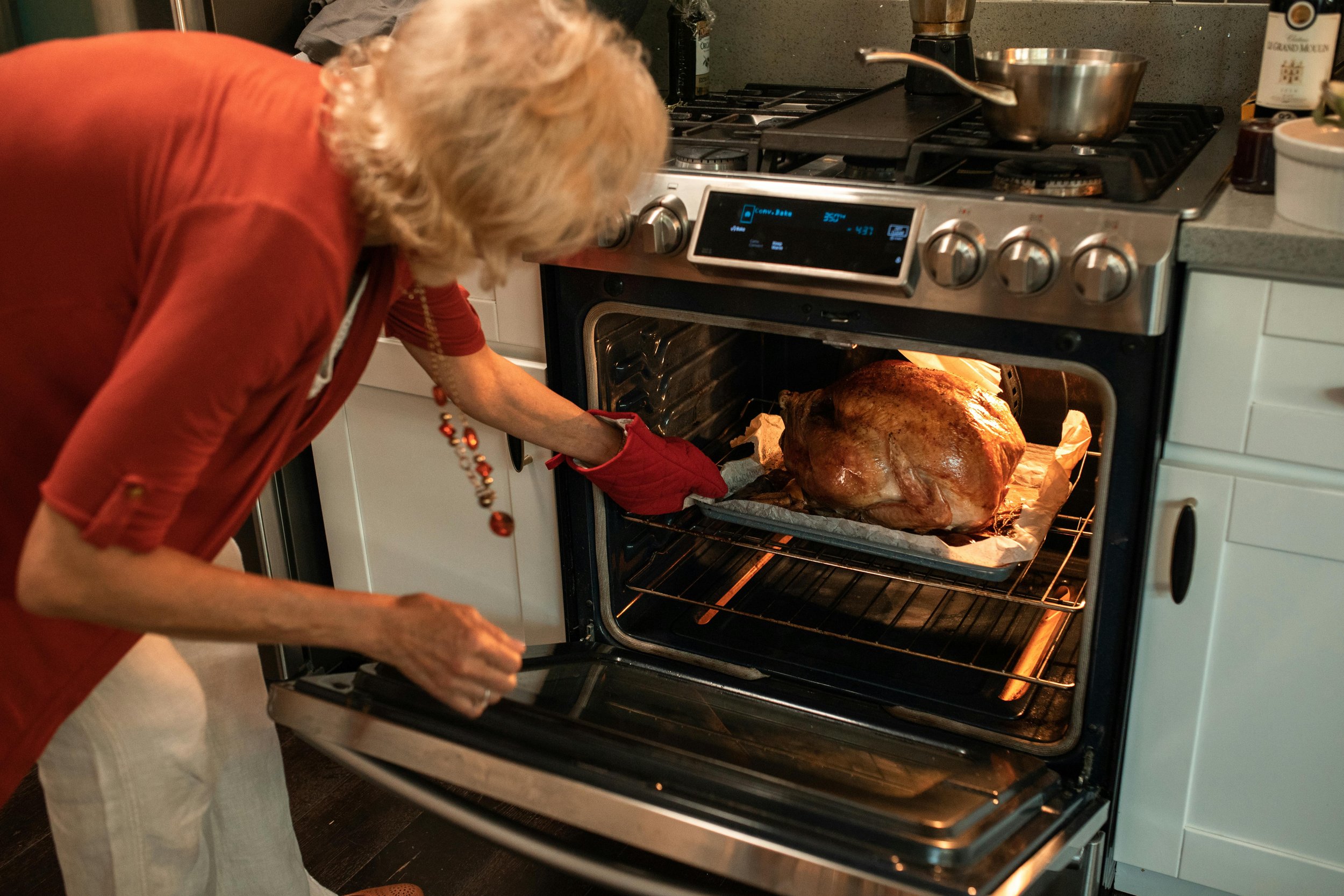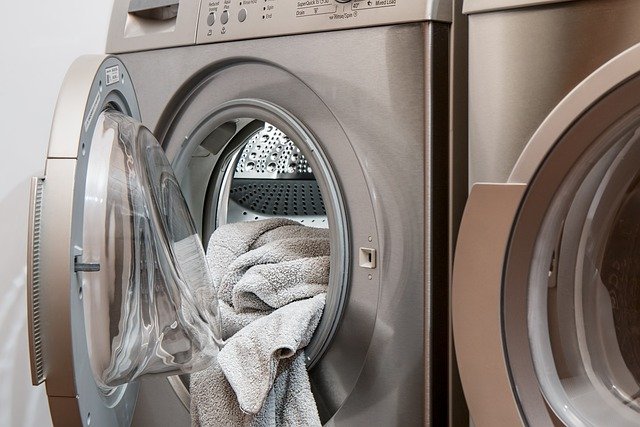A guide to the humming, clicking, and rattling noises your appliances make.
When Your Home Starts to Sound Haunted
Not all eerie noises come from ghosts. Sometimes, it’s your dishwasher groaning in the night—or the fridge humming in a way that makes you wonder if the house has a secret life of its own. For homeowners in the Dallas–Frisco area, comfort and quiet aren’t just luxuries—they’re a point of pride. A well-maintained home runs smoothly, quietly, and without the kind of surprises that make you jump at 2 a.m.
Imagine this: it’s 10:30 p.m., the kids are asleep, and a sudden clatter comes from the kitchen. Your mind races—ghost? Burglar? Or just your appliances doing their thing? Before you panic—or decide to ignore that sound—understanding what’s normal, what needs attention, and when to act is key to keeping your home both safe and serene.
Why Your Appliances Make Noise (and Why That’s Not Always Bad)
Modern appliances aren’t magical—they rely on motors, fans, pumps, compressors, and moving parts. All of these components naturally make some sound as they perform their work. A gentle hum, a brief click, or a soft whirring is typically nothing to worry about.
But there’s a difference between normal operational noises and warning signs. Grinding, banging, screeching, or rattling shouldn’t be ignored—they’re often your appliances’ way of signaling stress or wear. Research shows that addressing these early can extend appliance life by up to 30% and save homeowners hundreds in repair costs.
North Texas homes, with long summers and heavy laundry cycles, put extra strain on HVAC systems and washers. Paying attention early can prevent a mid-summer breakdown that leaves your home hot, stuffy, and frustrated.
The Fridge That Groans in the Night
Your refrigerator works around the clock, quietly keeping your food fresh. Most of the sounds it makes are normal:
Light humming as the compressor runs.
Soft pops as metal panels expand or contract.
Gentle clicks from the water valve or ice maker refilling.
Gurgling or bubbling, often from refrigerant moving through the coils or defrost water draining into the pan.
But sometimes the noises are trying to tell you something:
Loud buzzing or humming that escalates can indicate the compressor is under stress, possibly from dirty coils or a door left slightly ajar. A constantly running compressor not only increases your energy bill but can shorten your fridge’s lifespan by up to 30%.
Knocking or clicking may point to a failing start relay or a compressor struggling to start.
Rattling could signal a loose drip pan, bent fan blade, or worn mounting bracket.
Picture this: it’s late on a Friday night, and your fridge hum turns into a persistent buzzing. You’re tempted to ignore it—but this is exactly the moment technicians say homeowners should check coils, doors, and interior components. Catching it early prevents costly compressor replacement and keeps your food safe.
The Dishwasher That Moans or Rattles
Dishwashers are designed to swish, hum, and pause mid-cycle, but certain noises can signal a problem.
Grinding: Usually caused by debris stuck in the pump or impeller—anything from small bones to pits can jam the system.
High-pitched squeal: Often indicates worn motor bearings, which can eventually fail.
Thumping or banging: Water hammer from plumbing pressure changes or loose spray arms hitting the walls.
Imagine loading the dishwasher after dinner. You close the door, start the cycle, and hear a persistent grinding. It might be tempting to ignore it—but technicians see this noise as a common early warning sign of pump or motor issues. Removing debris from the filter is a simple DIY fix, but if the grinding continues, it’s time for professional attention. Addressing it early avoids a $400–$600 repair down the line.
The Washer and Dryer That Sound Possessed
Laundry machines create sounds that can be unsettling if you’re not familiar with them.
Washer:
Normal: sloshing water, gentle spinning, and clicking as cycles change.
Concerning: banging or thudding may mean an unbalanced load or worn shock absorbers. Grinding noises can indicate drum bearings failing, while constant knocking may point to suspension rods wearing out.
Dryer:
Normal: soft thumps at startup and gentle tumbling.
Concerning: screeching or squealing can signal belt or drum roller problems. Rattling may be loose vents or small items like coins trapped inside.
Scenario: You toss in a load on a Sunday morning. The washer’s spin cycle suddenly emits a low rumble that rises to a thud. Even after rebalancing, the noise persists. This is the kind of subtle signal experienced homeowners and technicians use to identify early wear before it escalates to a full breakdown.
The Oven That Pops, Clicks, or Hisses
Ovens have their own spooky soundtrack:
Normal: clicking as the igniter sparks and soft pops as metal expands with heat.
Concerning: repeated clicking may indicate a failing igniter or gas valve. Hissing when the oven isn’t heating could signal a gas leak—shut it off immediately. Metallic banging may come from expanding panels or a faulty fan.
Scenario: It’s 5 p.m., and the oven’s clicks turn into a staccato rhythm that doesn’t match the timer. In a busy North Texas kitchen, an oven that misfires is more than spooky—it’s unsafe. Recognizing these signs early ensures family safety and uninterrupted meal prep.
When It’s Time to Stop Guessing
Early detection prevents breakdowns and protects your investment. Strange noises may be harmless—but if you notice persistent or unusual sounds, trust your instincts. Catching problems early can extend appliance lifespan, save on costly repairs, and keep your home running smoothly.
For years, Appliance Rescue Service has helped Dallas–Frisco homeowners maintain peace and quiet in kitchens, laundry rooms, and living spaces. Experienced technicians assess, diagnose, and repair appliances efficiently, turning late-night clatters back into the background hums you expect.
The Final Word: Silence Is Golden (and Safe)
Strange appliance noises aren’t spooky—they’re signals your home is giving you. Hums, clicks, and gentle swishes are normal. Grinding, screeching, or rattling? That’s when it’s time to act.
Preventative care—checking filters, clearing vents, and addressing unusual sounds promptly—keeps your appliances running smoothly. Before the holiday entertaining season hits, ensure your home is more cozy than creepy.
If your home’s sounds have gone from gentle hums to horror-movie screeches, Appliance Rescue Service can help restore calm and quiet, giving you peace of mind all year long.
Website
Call Us: (214) 599-0055

